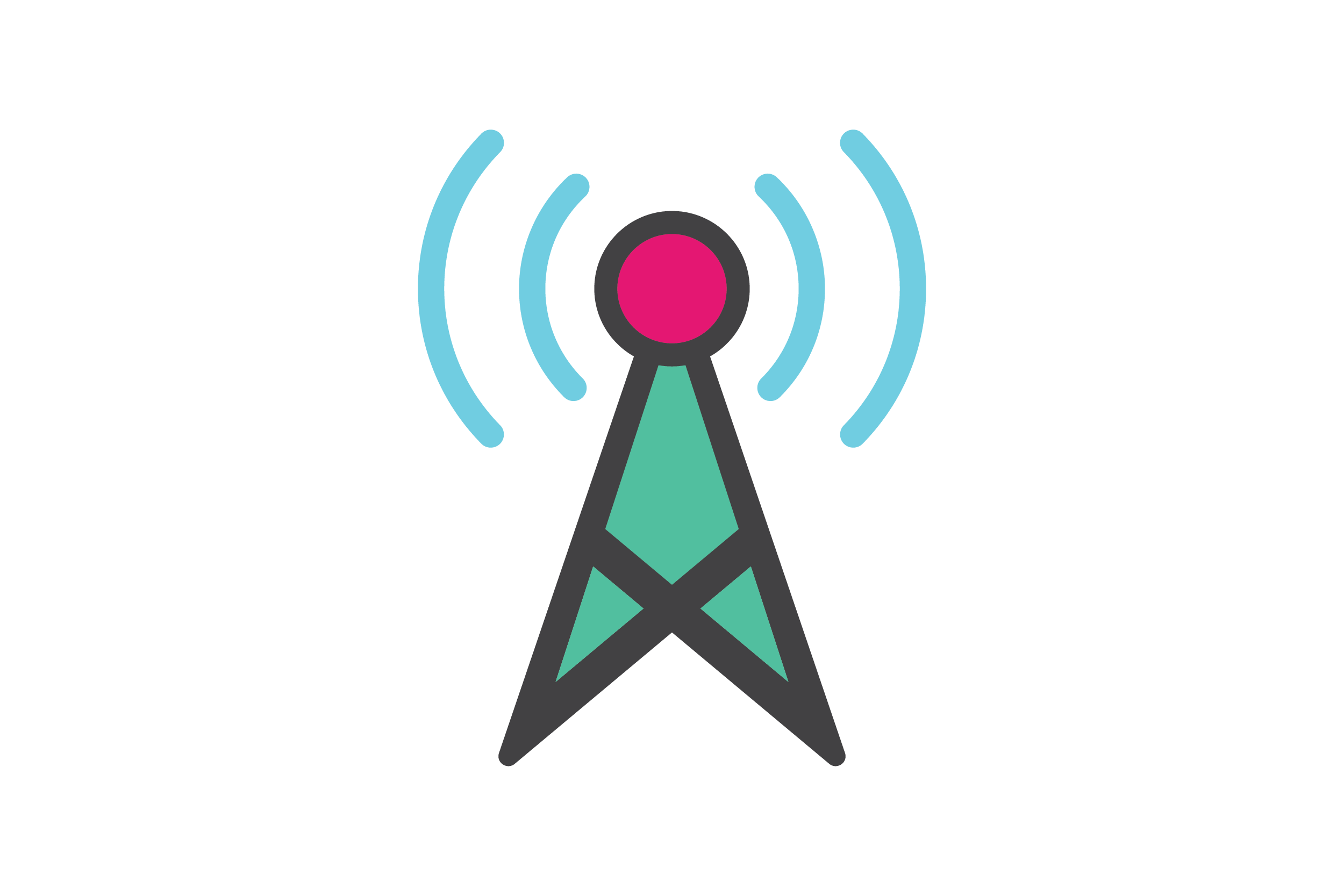Fertility treatment pathways and births for women with and without polycystic ovary syndrome—a retrospective population linked data study – Katrina M. Moss et al.
This study used a large longitudinal community-based population cohort to identify the fertility treatment pathways used by participants with and without PCOS and investigate whether any pathways were more likely to result in a birth. Our findings are in line with previous studies showing that [...]







